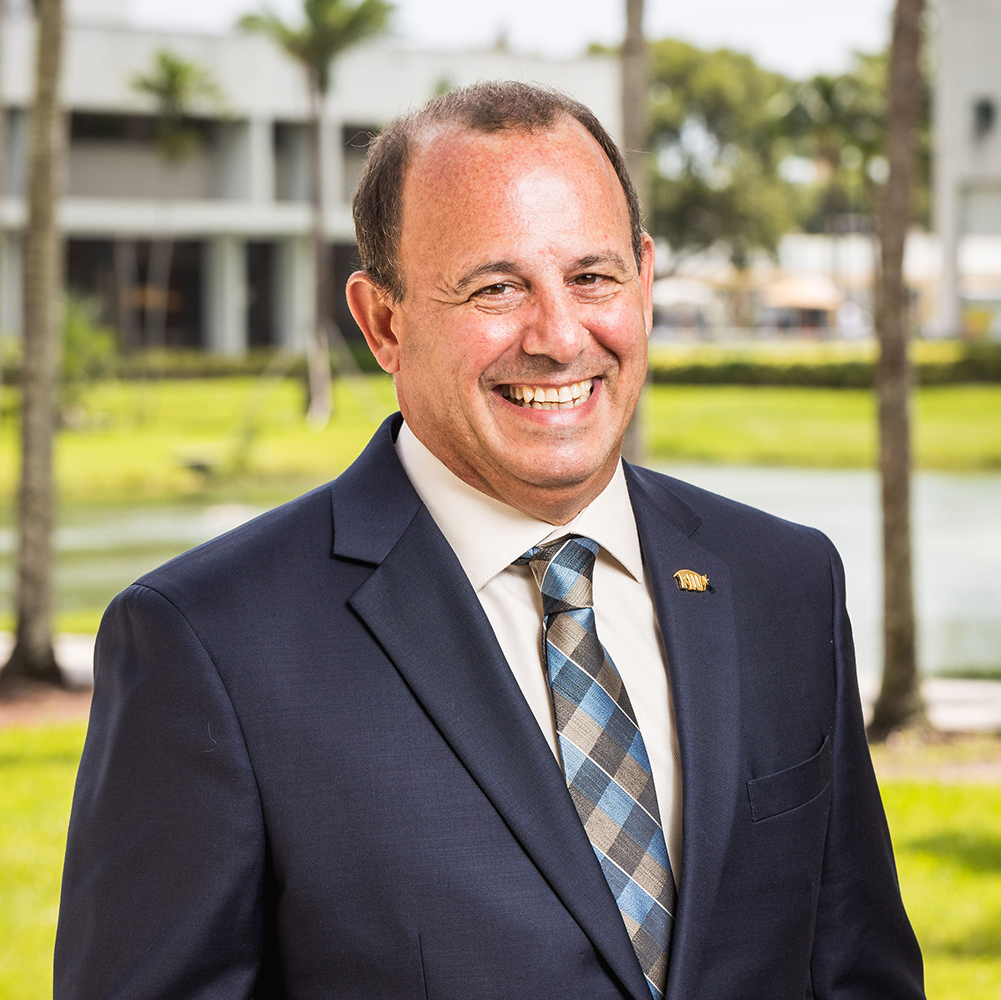Dr. Scinto is a biogeochemist that has focused most of his research on the mechanistic linkages between key environmental drivers and ecosystem responses. Dr. Scinto has focused on processes in natural systems and how they have been influenced by anthropogenic activities especially in the eutrophication of lakes and wetlands. Dr. Scinto has a Ph.D. in Aquatic Biogeochemistry with a graduate minor in Environmental Engineering. His research is focused on the effects of land use and water management on nutrient dynamics in aquatic systems. He has extensive experience in Everglades Restoration, shallow lakes of the middle St. John’s River Basin and man-made lakes of urban Southeast Florida, in wetland systems including the Greater Everglades Ecosystem, the Lake Okeechobee Watershed, and in Stormwater Treatment Areas. Of particular interest is identifying the nexus between anthropogenic activities and ecosystem services to determine where natural processes can be applied to diminish the “human footprint”. The development and assessment of treatment wetlands and other “green technologies” is integral to a sustainable future of both the natural and built environments. Much of Dr. Scinto’s research is focused on the biogeochemistry of phosphorus, carbon, and nitrogen in wetland and lake environments especially as affected by water management in the Everglades, and coastal and urbanized South Florida. Dr. Scinto teaches at the undergraduate and graduate levels and has taught several courses related to Environmental Resource Management, Wetlands Ecology, Water Resources, Ecology of South Florida and the Science of Sustainability.
Research Areas
Dr. Scinto is an aquatic biogeochemist who has focused most of his research on the mechanistic linkages between key physicochemical environmental drivers and ecosystem responses, especially how natural systems including wetlands, lakes, and estuaries have been influenced by anthropogenic activities. Of particular interest is to determine where natural processes can be applied as “green technologies” to facilitate a sustainable future of both the natural and built environments. He is also generally interested in Biogeochemistry, Aquatic Biogeochemistry, Soil/Sediment Chemistry, Treatment Wetlands, Everglades Restoration, Everglades Ecology, Lakes, Urban Lakes.
Education
- BS, Northern Illinois University
- MS, University of Florid
- PhD, University of Florida
